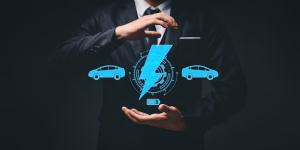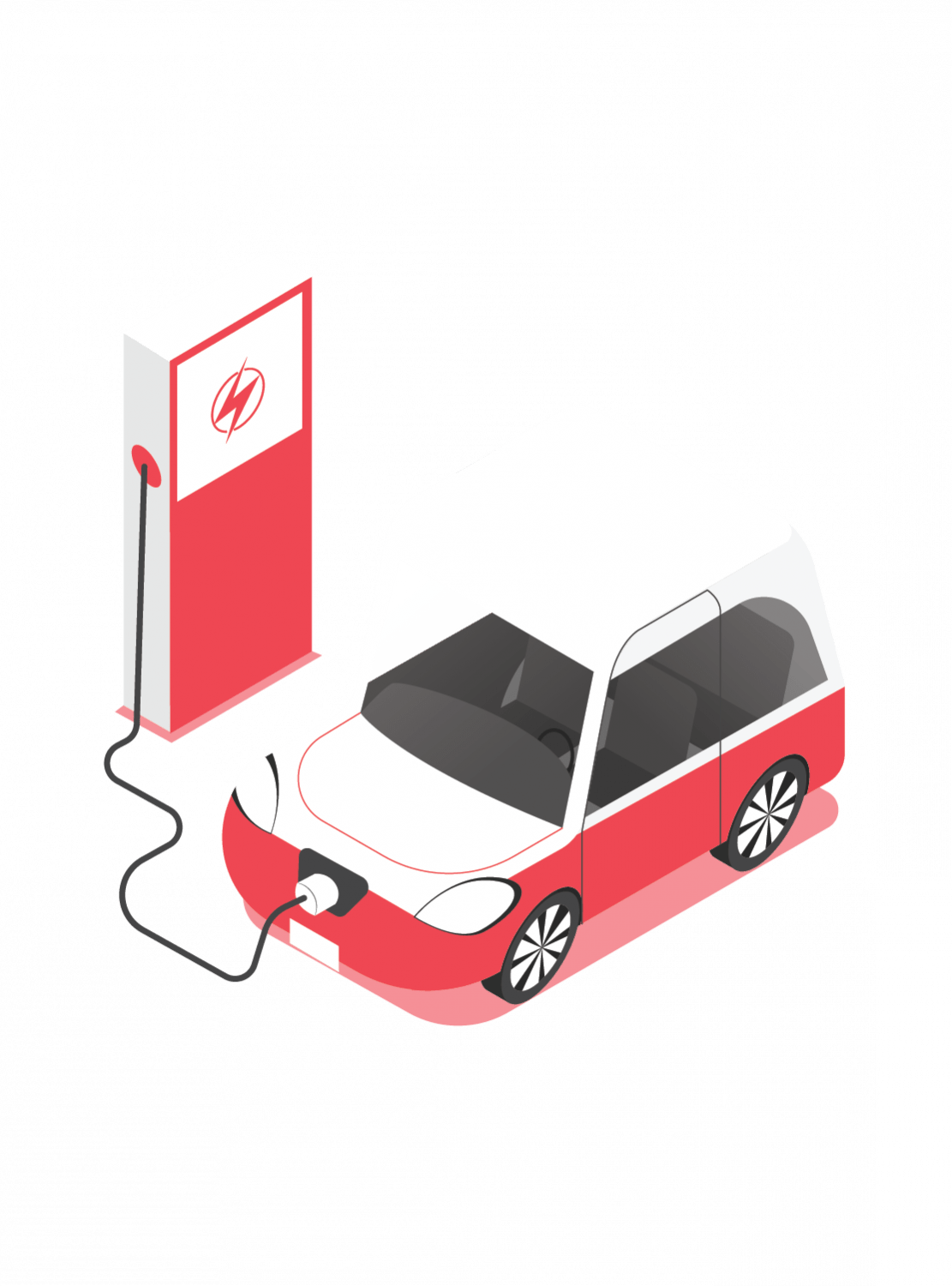The Impact of Electric Vehicles on the Automotive Industry

The automotive industry is undergoing a significant transformation, with the rise of electric vehicles (EVs) playing a major role in this transformation. EVs are becoming increasingly popular as a result of concerns about the environment and the need for cleaner energy sources. In this blog, we will explore the impact of electric vehicles on the automotive industry.
Reduced Carbon Footprint:
Electric vehicles produce zero emissions, which is a significant advantage over traditional gasoline-powered vehicles and electric vehicles (EVs) is also one of the most promising ways to reduce carbon footprints and combat climate change. This is because EVs use electricity to power their motors, and if that electricity comes from renewable sources, then the carbon footprint of an EV is significantly lower than that of a traditional vehicle. With governments around the world pushing for cleaner energy, it is expected that the demand for electric vehicles will continue to increase.
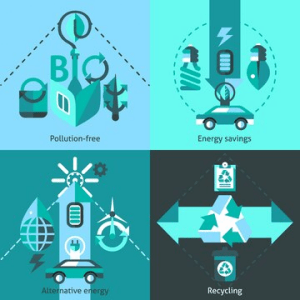
Increasing Demand for Lithium:
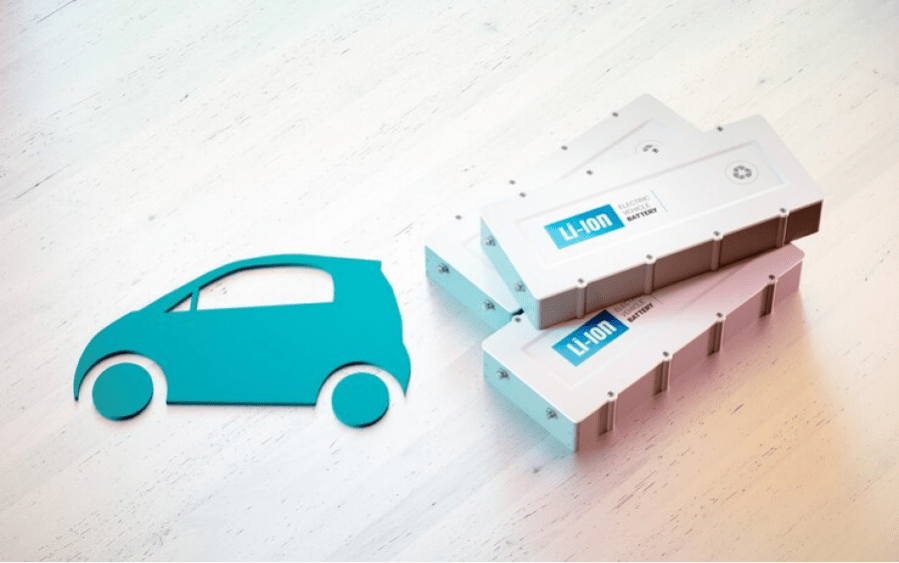
The increasing demand for lithium is one of the key impacts of electric vehicles (EVs) on the automotive industry. Lithium is a crucial component in the batteries that power EVs, and as the adoption of EVs grows, so does the demand for lithium.
This increased demand for lithium is having several impacts on the automotive industry:
-
Supply Chain: The supply chain for lithium is becoming more critical to the automotive industry as more automakers shift towards EVs. As a result, automakers are investing in securing long-term supply agreements with lithium producers to ensure a stable supply of this crucial component.
-
Cost: The cost of lithium has been rising in recent years due to increased demand, and this is impacting the cost of EVs. However, many experts predict that as more lithium mines come online, the cost of lithium will decrease, making EVs more affordable.
-
Innovation: The increasing demand for lithium is driving innovation in battery technology. Automakers are investing in research and development to create batteries that are more efficient, last longer, and use less lithium.
-
Environmental Concerns: As the demand for lithium grows, there are concerns about the environmental impact of lithium mining. Lithium mining can be resource-intensive and can have negative impacts on local ecosystems. As a result, there is a growing focus on sustainable mining practices and recycling of lithium batteries.
Shift in Manufacturing Processes:
The adoption of electric vehicles (EVs) is causing a shift in manufacturing processes within the automotive industry. This shift is driven by the different components and systems required for EVs, compared to traditional gas-powered vehicles. Here are some of the key impacts of EVs on manufacturing processes in the automotive industry:
-
New Components and Systems: EVs require different components and systems compared to traditional vehicles, such as electric motors, batteries, and charging infrastructure. This requires automakers to invest in new manufacturing processes, including research and development of new technologies and manufacturing facilities.
-
Lighter Materials: EVs require lighter materials to maximize their range and battery life. This has led to the development of new lightweight materials such as carbon fiber and aluminum, which require different manufacturing processes than traditional vehicle materials such as steel.
-
Increased Automation: The production of EVs requires more automation than traditional vehicles due to the complexity of their components and systems. Automakers are investing in advanced robotics and automation to improve efficiency and quality in the production of EVs.
-
Supply Chain: The shift towards EVs is also causing a shift in the supply chain for automotive manufacturing. The increased demand for lithium-ion batteries, for example, is leading to a need for new suppliers and supply chains.
-
Workforce Training: As manufacturing processes shift towards EVs, automakers must invest in training their workforce to adapt to the new technologies and processes.
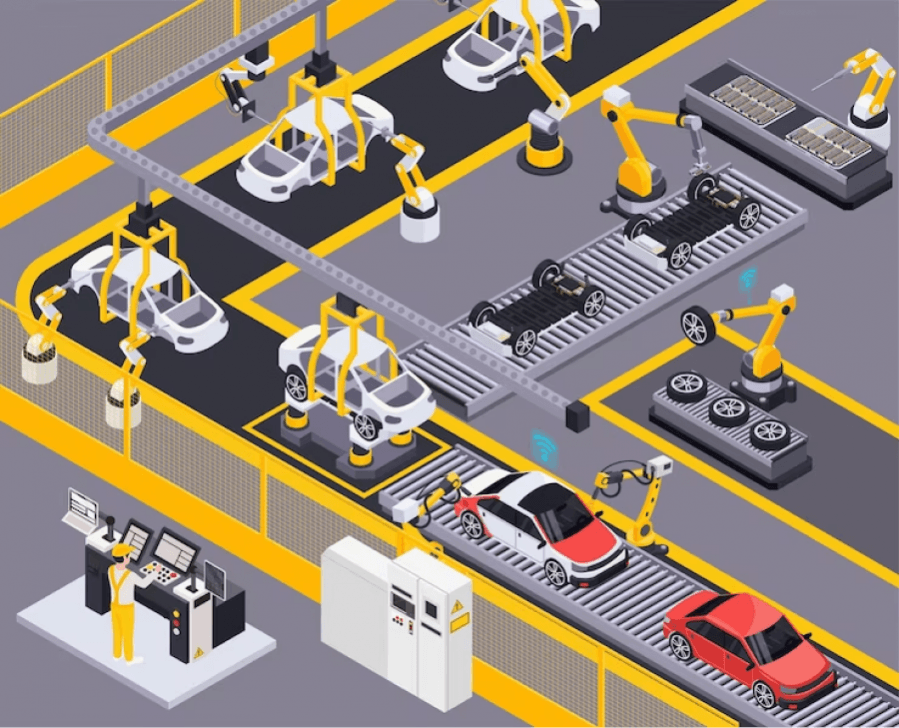
New Business Models:

The adoption of electric vehicles (EVs) is driving new business models in the automotive industry. Here are some of the key impacts of EVs on the business models in the automotive industry:
-
Charging Infrastructure: As more consumers switch to EVs, there is a growing demand for charging infrastructure. This has led to the emergence of new businesses focused on building, operating, and maintaining electric vehicle charging stations.
-
Battery Recycling: The batteries used in EVs contain valuable materials that can be recycled, such as lithium, cobalt, and nickel. As the number of EVs on the road increases, there is a growing need for battery recycling services, which has led to the emergence of new businesses focused on this area.
-
Software Development: EVs require sophisticated software to manage the charging process, monitor battery performance, and control other vehicle systems. This has led to the emergence of new businesses focused on software development for EVs.
-
Mobility Services: The shift towards EVs is also driving new mobility services, such as ride-sharing and car-sharing, which are focused on EVs. This has led to the emergence of new businesses focused on providing these services to consumers.
-
Supply Chain: The shift towards EVs is also having an impact on the supply chain for automotive manufacturing. New suppliers and supply chains are emerging to meet the demand for EV components, such as lithium-ion batteries.
Increased Competition:
The adoption of electric vehicles (EVs) is increasing competition in the automotive industry. Here are some of the key impacts of EVs on competition within the industry:
-
Market Share: As more consumers switch to EVs, traditional automakers are facing increased competition from new entrants in the market, such as Tesla and other EV startups. These new companies are disrupting the traditional automotive industry and are gaining market share in the EV space.
-
Innovation: The shift towards EVs is driving innovation within the automotive industry, with automakers investing heavily in research and development to create more efficient, longer-range EVs. This is leading to increased competition among automakers to create the most advanced EV technology.
-
Cost: The cost of producing EVs is still relatively high compared to traditional gas-powered vehicles, which has led to increased competition among automakers to find ways to reduce costs and make EVs more affordable for consumers.
-
Consumer Choice: The shift towards EVs is also giving consumers more choices when it comes to vehicle technology. As more automakers produce EVs, consumers have a wider range of options to choose from, which is leading to increased competition in the marketplace.
-
Infrastructure: The adoption of EVs is also driving competition in the development of charging infrastructure. As more businesses enter the charging infrastructure market, there is increased competition to build out the most comprehensive and accessible charging networks.
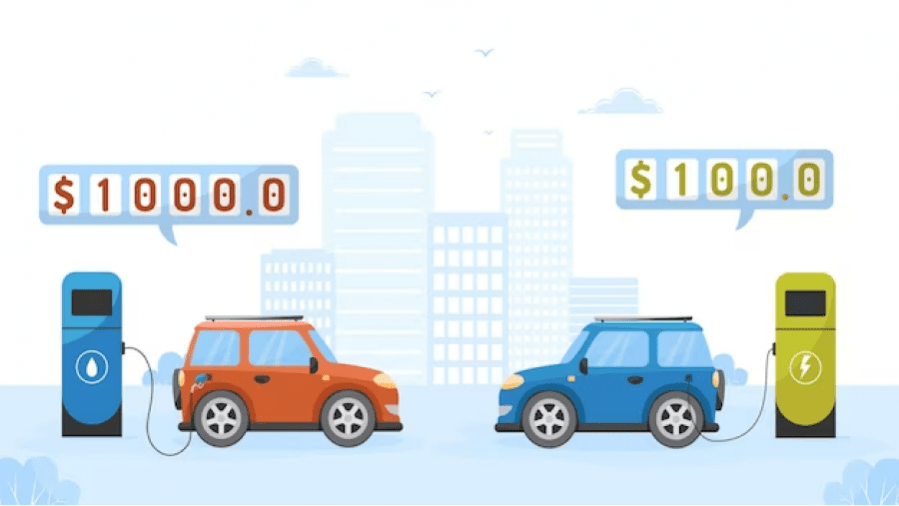
Conclusion
In conclusion, electric vehicles are transforming the automotive industry in significant ways. The shift to electric vehicles is creating new opportunities for businesses and is encouraging investment in new technologies. However, there are also challenges associated with the rise of electric vehicles, such as the environmental impact of lithium mining and the need for charging infrastructure. Nonetheless, it is clear that the shift to electric vehicles is here to stay, and the automotive industry must adapt to this change.
